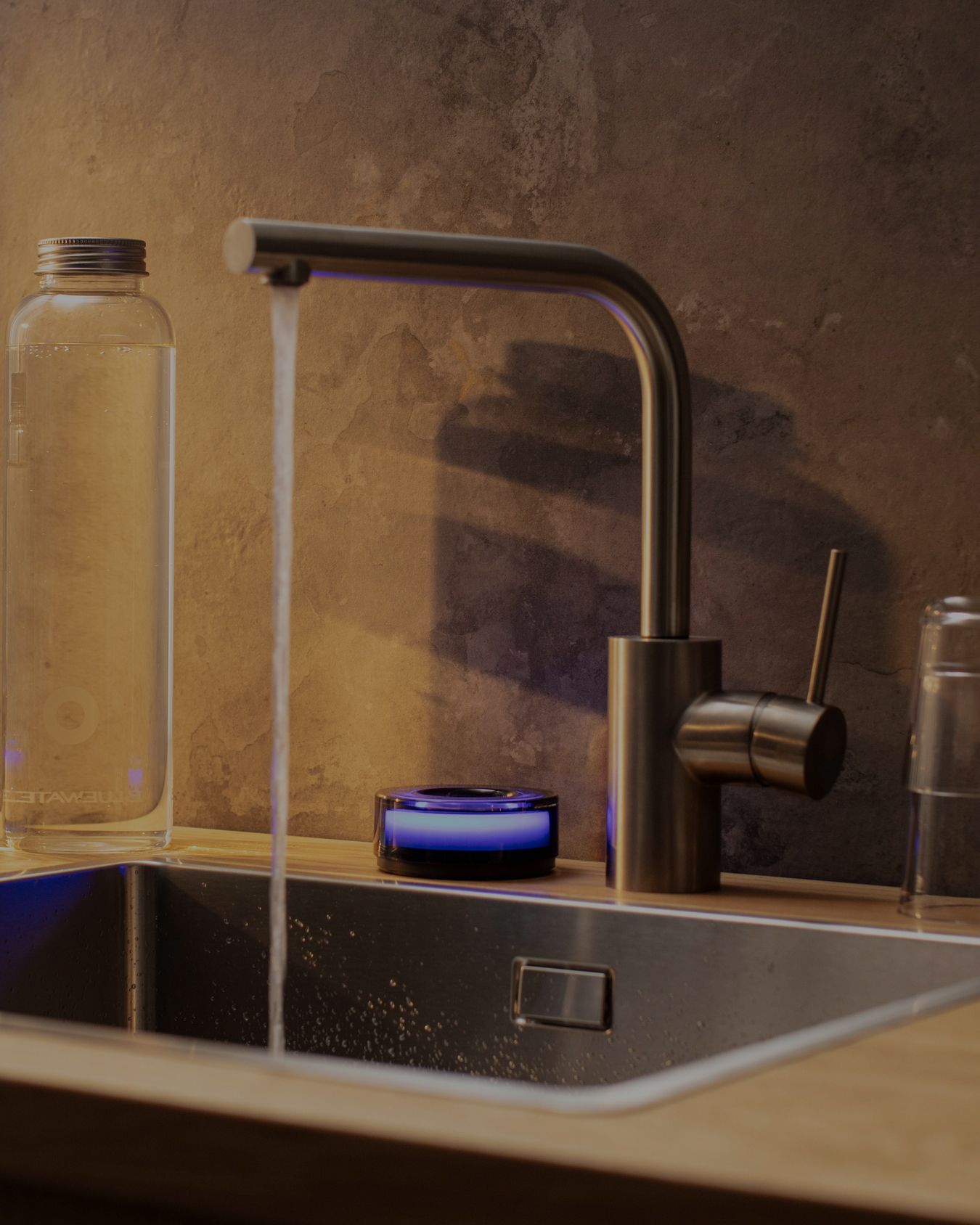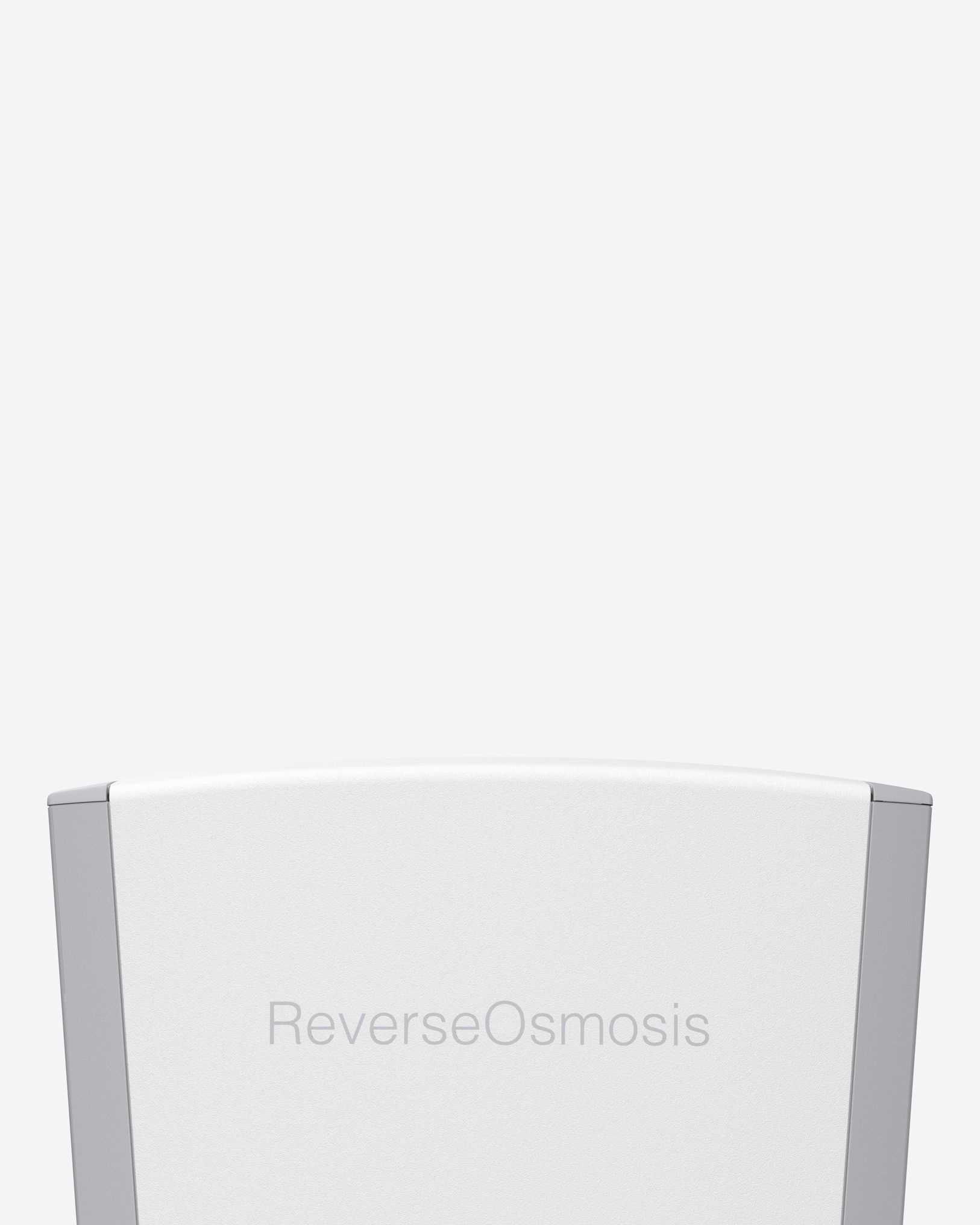What is Carbon Filtration?
Water is vital, and ensuring its purity is crucial for health and wellness. Carbon filtration is one of the most effective methods for removing impurities from water, making it safe and clean for consumption. This article delves into the essentials of carbon filtration, its benefits, and why it's a critical component in water purification systems.
What is Carbon Filtration?
Carbon filtration involves using activated carbon to remove contaminants and impurities from water through chemical adsorption. Each particle/granule of carbon provides a large surface area, or pore structure, allowing contaminants the maximum possible exposure to the active sites within the filter media.
Benefits of Carbon Filtration
- Improved Water Taste: Activated carbon filters remove contaminants that cause water to taste and smell unpleasant, resulting in improved overall drinking water quality.
- Removal of Toxins: These filters can remove a significant amount of toxins from water, including chlorine, benzene, radon, solvents trihalomethane compounds, and various other man-made chemicals that may come into contact with tap water as it proceeds through the system.
- Enhanced Health Benefits: By removing contaminants and chemical substances, carbon filtration systems reduce the risk of certain diseases linked to chemical exposure and ingestion.
How Carbon Filtration Works
The process of carbon filtration uses a bed of activated carbon to remove contaminants and impurities using chemical adsorption. When water flows through the active carbon, contaminants stick to the surface of the carbon. This process can remove substances like chlorine, sediment, volatile organic compounds (VOCs), taste, and odor from water.
Application in Home and Industrial Systems
Carbon filtration is widely used both in-home water filters and in larger-scale applications. Residential units typically use granular activated carbon (GAC) or powdered block carbon, whereas industrial systems often use specially designed filter systems capable of handling larger volumes of water.
Conclusion
In conclusion, carbon filtration offers a simple, effective way to ensure the purity of water in both residential and industrial settings. It plays an integral role in modern water treatment systems, providing a barrier against a wide range of contaminants that can affect health and water quality. Regular maintenance of these filters is essential to ensure effectiveness in keeping water clean and safe for consumption.
Using carbon filtration in your water treatment setup can improve the quality and safety of your drinking water, leading to better health and well-being.
For those looking to address specific water purity challenges, including the removal of PFAS and other harmful contaminants, the advanced purification technologies from Bluewater provide a powerful solution.
The Kitchen Station 1™, in particular, not only purifies water but also enriches it with minerals, ensuring every glass is pure and tasty.
Bluewater's purification systems are designed to clean all contaminants and impurities from your tap water, offering safety and health benefits with each use.
For more information about our technology and if you have more questions about enhancing your water experience, please feel free to visit our website or contact us at sales@bluewatergroup.com.


